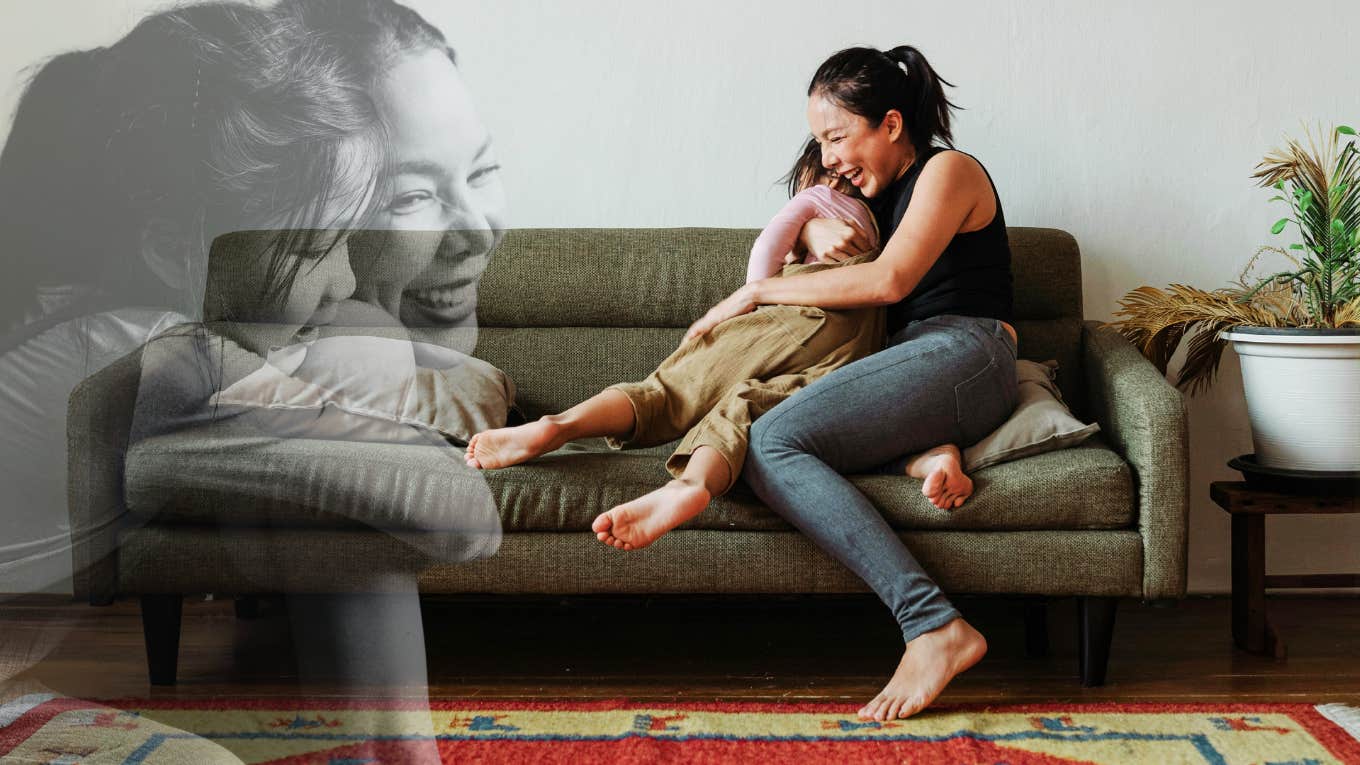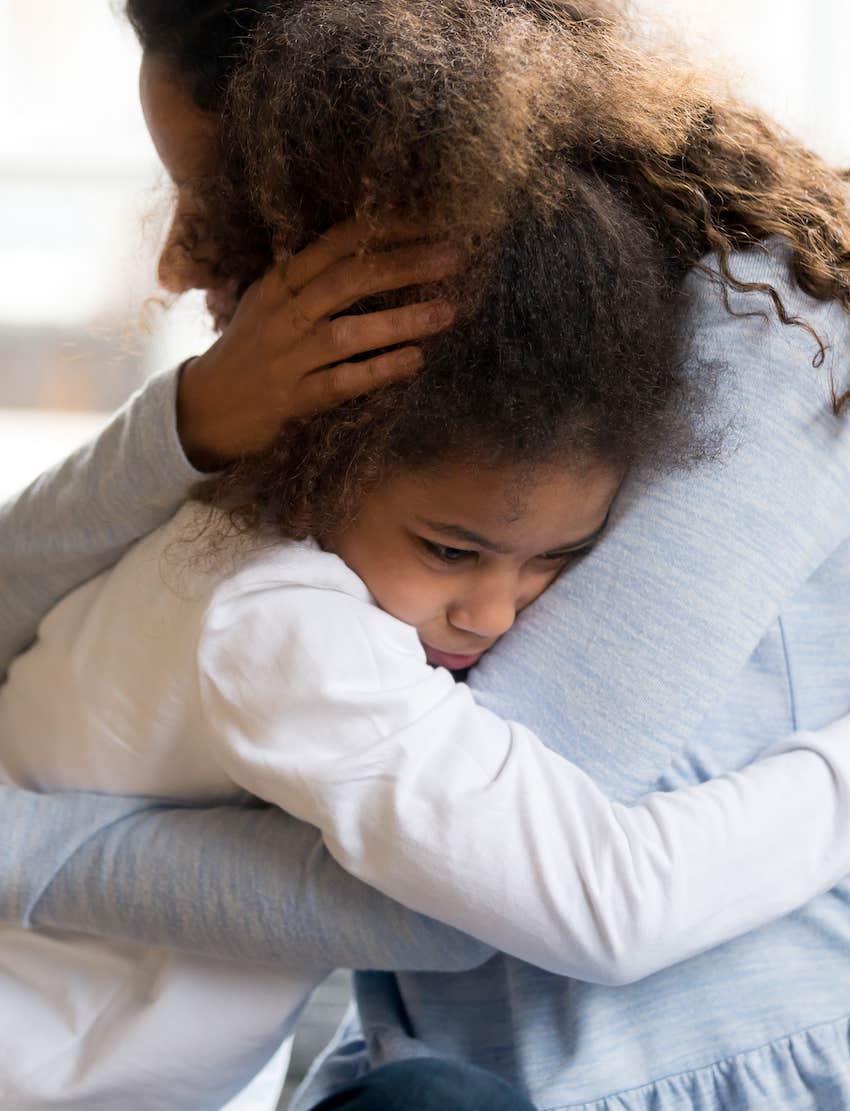How To Raise Kind And Sensitive Kids (Because It Matters More Than Ever)
Change a life with kindness.
 Ketut Subiyanto | Pexels
Ketut Subiyanto | Pexels Some kids are indeed more innately sensitive and kind. It comes easily to them to care for others — almost instinctual. They can feel people's pain as much as their own. Other kids learn kindness from a variety of life experiences and their primary caregivers.
Parents play a significant role in molding what children have been genetically given. And they must teach children kindness early on in their life. But, sometimes, those same parents have not been deliberately taught about kindness.
Here's how to raise kind and sensitive kids (because it matters more than ever).
1. Show yourself kindness
Kindness starts with you. If you can show yourself compassion, you can genuinely model it to someone else. Make self-care and self-compassion your biggest priorities because if you don't, you won’t have any kindness to give anyone else.
Treat yourself to an ice cream, a nap, or a massage. Forgive yourself when you mess up or go through a difficult time. Fill up your kindness tank first.
 fizkes via Shutterstock
fizkes via Shutterstock
2. Model kindness to them
Demonstrate kindness toward others (and yourself) so your kids see kindness in action. Volunteer at a food bank or shelter and let them witness the impact of your actions on someone else's life.
You can teach them everyday kind gestures, too. When they observe you giving someone an unexpected gift or merely extending a compliment. Talk about the act of kindness afterward to reinforce your actions: "Did you see Mary's face when she opened the card? She was crying tears of joy. It made me so happy to see her that way!"
Show them that caring for others is a vital part of life.
3..Teach them about empathy.
Let your kids experience what it’s like to feel someone else's pain — or their joy. Allow them to walk in another's shoes both within the family and outside communities.
Regularly, get kids involved in caring for younger siblings and connect them with older adults. Exposing kids to a broader range of perspectives, encouraging curiosity instead of judgment, and promoting inclusivity are great ways to develop empathy.
Help your kids to see there is never a reason to tear someone else down to build yourself up, to belittle or embarrass someone, to show intolerance or hate, or to harm another living soul. Show your kids everyone is valuable and equally deserving of kindness.
4. Help them to regulate their emotions.
Help your kids to see that there are positive, healthy, and productive ways to process and channel their emotions. Frustration, anger, and jealousy may come up, and these feelings may be OK, but not always appropriate or helpful to act out.
Acknowledge their feelings, and then teach your kids to identify their emotional triggers and how to manage them. Practice deep breathing with your kids, counting to ten, or stepping back or out of the room until they can regroup, regain their perspective, and act more considerately on their own.
5. Catch them doing good.
Notice when your child is demonstrating kindness. Tell them, "That was so kind of you to…" and clearly explain the positive difference they made.
Be careful not to scold them or shame your kids when they forget a thank you. Instead, stick to praising them when they are well-behaved, able to control their emotions, and in a ready place to show others consideration, empathy, and generosity.
Teaching kids kindness matters. But, why?
Being kind can open doors in life — making new friends, getting along at the office, establishing enduring love relationships, bonding with the family, and interacting with members of society.
You can't live a fulfilled life without being kind to others and genuinely embracing kindness. Beyond the immediate benefits for yourself, kindness matters to others — it matters to the world.
Today is an era of entitlement and speed, where short attention spans prevail, and social media acceptance drives a lot of behavior. Bullying and cyberbullying seem more prominent and rampant. Sadly, some kids can become cruel and vengeful instead of respectful, giving, and loving.
Even sweet kids can develop self-esteem and emotional regulation issues right under their parents' noses. These can fester and result in unwanted behaviors that spill over into other parts of your kids' lives, too.
Kindness is a decision you make at the moment to make someone's life better. With one smile, one look of understanding, one gesture, or one word, you can change a life. Make a difference and show your kids what kindness looks like and how they can be kind themselves.
When you've shown your kids that kindness matters, they will be responsible members of your community and get more joy out of life. Your kids will one day thank you for teaching them about self-compassion, doing unto others, empathy, and channeling their emotions for good.
You will be proud you raised great kids who will positively enrich the lives of others they meet and will do great things for themselves, their kids, and the world.
Lisa Petsinis is an ICF-credentialed career and life coach who works with women who want to show up fully for their lives and build lasting life skills – like confidence and resilience – that will help them achieve their career and life goals.
